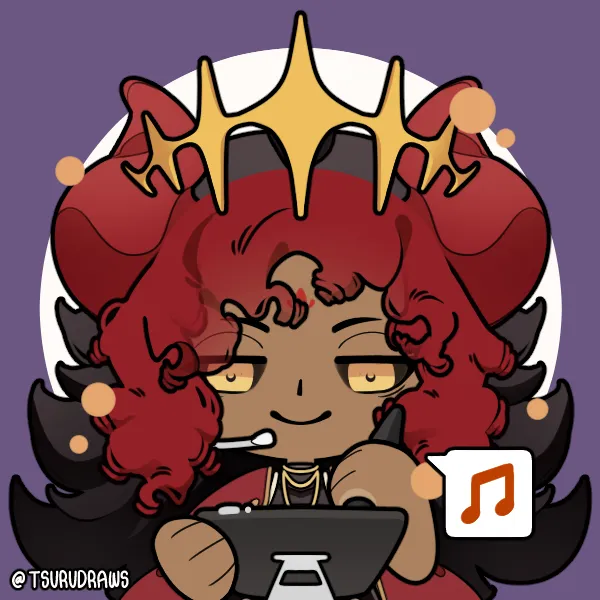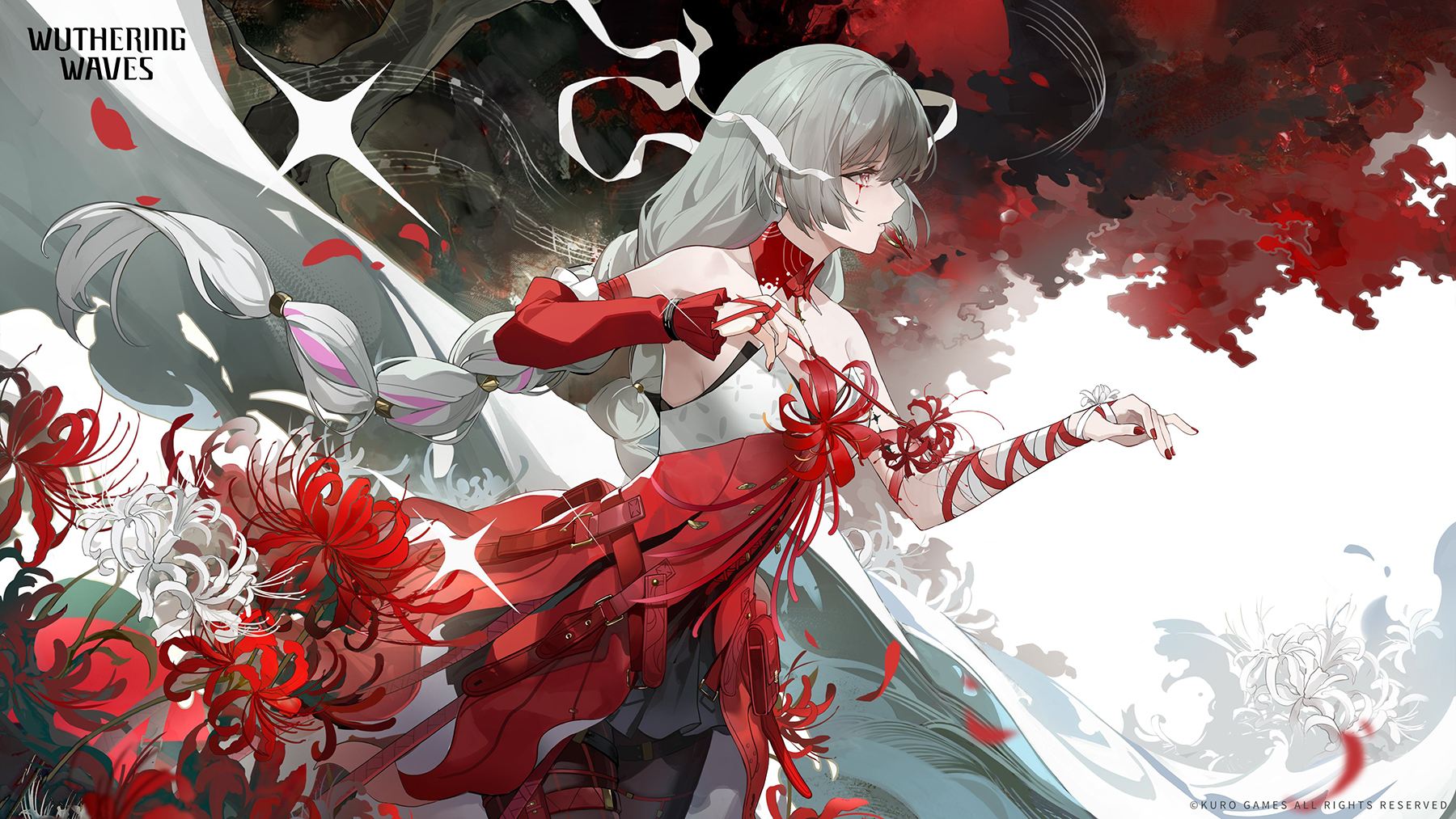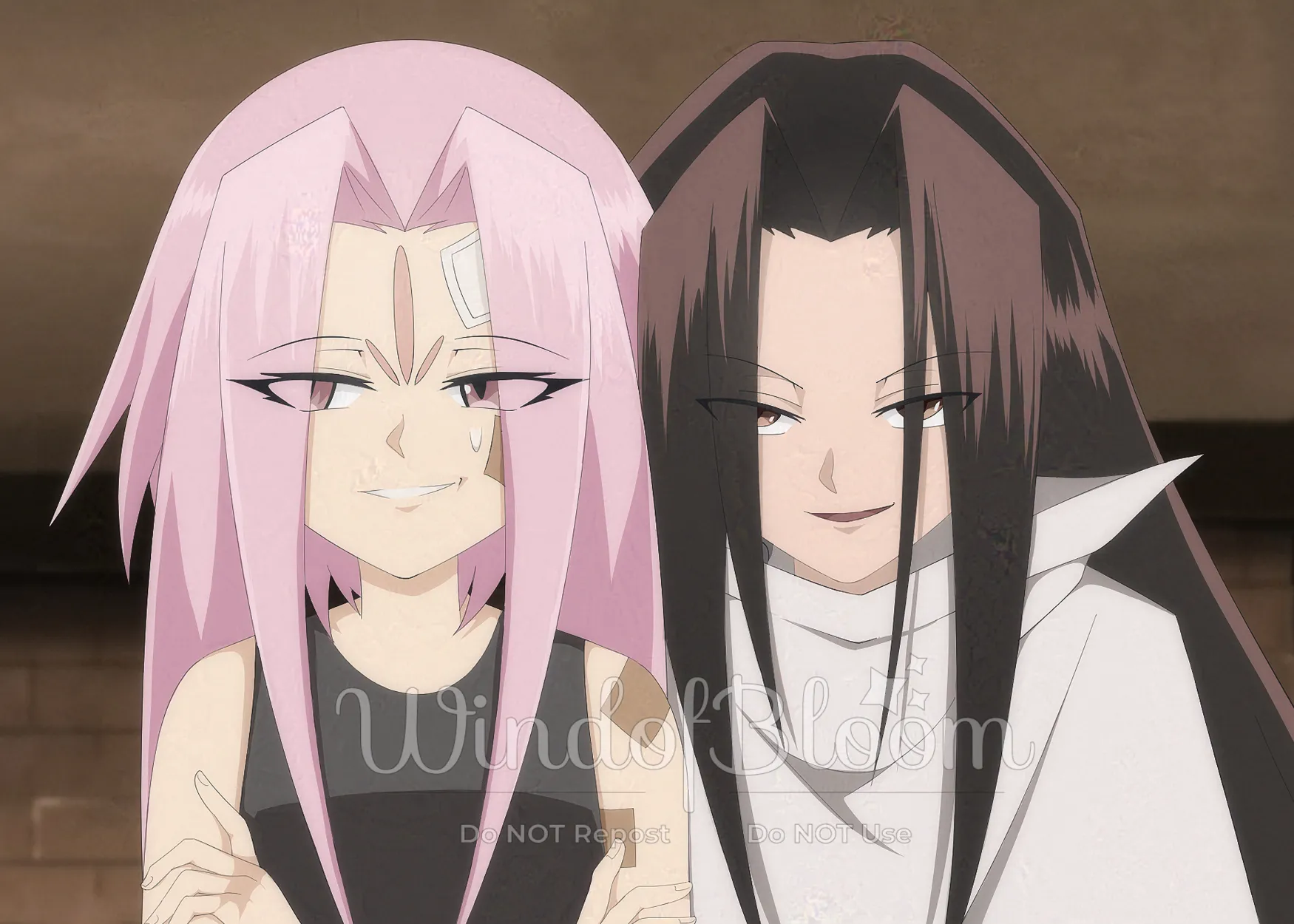

Wuthering Waves 2.5 is beautiful
Published on: 2025-07-24
Author: Bloom
A Requiem Without End
Before the 2,5 version was announced. Even before Phrolova’s dream marketing was properly introduced with its respective animated art/video. Some people were already complaining and shouting ‘KURO NOT LIKE THIS’ simply because Phrolova, one of the outstanding villains in 2,0 version was going to be playable. The first playable villain in Wuthering Waves. The shared fear was the story forcing a redemption arc on such a popular character. And I get it. All of us have one or two examples of a good villain forced into the ‘good guys’ with no proper development. Even pretending all crimes and wrongs were forgiven without facing real consequences for their actions —I’m looking at you, Endeavor.
Being this my first time playing something made by Kuro Games, and considering I’ve liked all the story so far since 1,0, I chose to wait for what the company was cooking.
Oh girl. I wasn’t expecting such a piece of art like this. Yes, art. I don’t care if we’re talking about a gatcha game, the gathering wives game, the gooner wives one. This story had compelled so many emotions in such a good, clean storytelling that it certainly deserves to be called like that; Surprisingly, the one who ended up having a redemption was Fenrico, the old guy I was so excited to kick his ass.
Undoubtedly, the real protagonist was not the Rover but Phrolova. The Conductor.
First of all, I had to admit I wasn’t one of her fans. Not a hater, yet, different from “look, that’s a pretty cool design” or “damn, her English VA is amazing,” I didn’t think much about her. Mostly because her motives were not there at all. She seemed curious, certainly interested in Rover, but mostly indifferent, like toying around just to see what would happen next. 2,5 story quest not only show me her motives, it let me see her. Feel her pain, experience the world of Solaris-3 through her eyes.
It was a beautiful tragedy.
I appreciate that Rover kept her distrust of her all the time. She almost drowned Raguna, was involved in cruel experiments, was a member of the Fractsidus, and was part of the attempt to destroy Septimon. Enough motives to keep a secure distance while also dealing with the Order of the Deep; most importantly, Phrolova wasn’t reademn because she didn’t want to be in the first place.
Something I consider important when it comes to a redemption arc is how the character itself must show clear signs of wanting to change. It’s the progression, the cold realization that the ideals they used to uphold were wrong, and how their actions were messed up. Take Zuko from Avatar or Scar from Full Metal Alchemist as examples. By understanding their wrongs, both characters reach the desire to change their paths; those actions lead them to a satisfactory redemption for them, the story, and the viewers/readers.
Phrolova only wanted her people back. There was not a single time when she asked or desired redemption. She accepted her faith and crimes with no remorse. Nothing would change the past after all.
A lot of us knew how heavy and difficult a loss is. The sadness, the always-growing absence. The impotence and the hideous, intrusive thoughts: could I have done something different? Could I have saved them if I had done something different? Did I do wrong? I want to apologize, time wasn’t enough. I want them with me again. It’s because we’re raised afraid of death. Love comes with attachments; some people require therapy, others try it on their own. But if the world were different enough to offer us a way to bring them back, would any of us not try it?
Fiction is full of stories about this decision. The Full Metal Alchemist plot started because the Elric brothers lost their mother, with no father around they were left alone in the world without her most precious someone. Pegasus J. Crowford (Maximilliam Pegasus) from Yu-Gi-Oh! built a whole empire just to bring the love of his life back.
Motives never justified the actions, but surely let us understand the full picture. It allows us to feel, maybe relate to what originates the tragedy, the cruelty, and the indifference. Death is so unfair. It just came with no warning.
Not like a bam. But with a whisper
It left us with nothing. Only emptiness.
That’s the cruel beauty in Phrolova’s story. She tried everything in her hands, following not only despair but a logical conclusion: if she had survived, if she had seen the beyond, even finding Hecate, her other self. A TD, why would the others not? She had the ability, the power; she just needed to find the right path.
There was no right path. Only sacrifices.

Unfading Melody of Life
A point I like a lot during the final confrontation between Phrolova and Rover was how she is the only one to actively call out her decisions. So far we have three women (well, two an a Sonoro Sphere shaped like a woman?) who have being impacted directly by Rover decision to wipe her mind, attachment and connections: Camellya, The Shorekeeper and Phrolova. The first one decided to follow Rover at different times just to meet her again; the second one accepted it with resignation, hoping to one day being reunited.
Phrolove decided to keep walking. Later, to call out her selfishness when they finally met again. And she had a point. How does someone who cast aside her connections, experiences, and memories dare to judge her sadness? Her despair? How would the current Rover ever understand the centuries of survivor’s guilt, the unfulfilled promises? The dreams that would never be real.
Rover wasn’t judging her affiliation to an illegal organization, the illegal human experimentation or the terrorism. She was directly trying to pursued her to stop fighting for the gem because her obsession was a pointless. Rover was partially right, the story had been clear about it: you can reconnect with the dead through their reverberations or frequencies, but the dead stay like that. They wouldn’t be human again. However, what Phrolova desired the most wasn’t, technically. to make them human again; that was the way to fulfill her desire; she wanted to be with them again, to be reunited with every single person in that town that was special for her. Since she was alive (and she couldn’t die) she thought she had to give those frequencies a capable body to sustain their consciousness.
That’s the feeling current Rover couldn’t understand because even if she had made friends along her journey those are new relationships, still maturing. Our Rover believed in saving everyone, she didn’t kill Fleurdelys/Cartethya no matter how much she begged for it or how strong her attacks were, that’s an honorable but unrealistic position. With no past, no memories, Rover hadn’t experienced the sadness of losing someone.
But maybe past Rover understood Phrolova.
To be fair to Rover, the game gave little information about her thoughts/feelings before erasing her memories. We know she traveled around the world trying again, and again to save the Solaris-3 from the Lament, failing in the process. We assumed those failures gave her frustration, sadness, and guilt, since that’s a natural reaction from someone good (and we have a kind-hearted protagonist). Past Rover knew impotency, current Rover had always saved the day.
Only time will tell what she felt during those days, but surely she recognized the mourning in Phrolova’s music during the concert when they first and last met.
“Once I dreamt that we were dear to each other.”
“I woke to find that we were strangers.”
I found this statement particularly sad. Instead of assuming Phrolova was another character made to be part of the protagonist’s harem (you know, gathering wives), it feels more like a proof of how lonely she was. Centuries ago, she had lost her town and people. During her death, she woke up her abilities, not only reviving and transforming into a sort of immortal being, fusing herself with a strong TD but also gathering the resonances of the dead in an imperfect sonoro sphere. A place where she stored them, heard them, yet she couldn’t properly interact with them. She was later used by those who found relief on her power, then offered herself to experiments without being took serious on her idea. Later treated like a pagan, a witch.
Then, during a concert in the same place that was once her homeland, she met someone who could see the sadness.
Wouldn’t it be normal to be attached to that small ray of light? They weren’t friends, not even acquaintance. Past Rover went once, casually promised to come back (please don’t make more promises, Rover, look what happened when you do that), and disappeared. For the previous letter inside the Lost Beyond, we know Phrolova waited for her during a time before being contacted by the Fractsidus.
The connection she desperately wanted was just a fantasy in her mind.
An Unwithered Flower
At the very end, Phrolova found the result she truly desired.
She came back home.
Not in all stories do we see the villains fulfill their objectives. Not in all stories are those obsessions totally wrong.
Phrolova couldn’t give her people the stable bodies she was looking for. Most probably it wasn’t even possible to begin with, the reason why The Grand Architect insisted in postpone the creation of The Lost Beyond, on accomplished Cristophoro’s plan first so they could still have her as a useful member; yet, once again at the verge of death, with the sword piercing her breast her resonances ability gave her the power to stabilize The Lost Beyond she had already created by merging herself with it, allowing her to finally be with her love ones.
She’s the Lost Beyond as much as she’s inside it. And for someone who didn’t care about anyone or anything else, it’s the better result. A grand finale.
Besides, it’s good that we can visit her inside The Lost Beyond. Still a war criminal and a terrorist, but hey! Not all terrorists face justice, right?
The Fallen Saint
Fenrico is our third protagonist in this story.
To be honest, I was expecting a fight against me. I disliked him from the beginning, as it was meant to be with his role antagonizing the story. I dare to theorize he had plotted against Cartethya when we were recently introduced to the Blessed Maiden story, when we didn’t know the unfolding truth was more complicated than it seemed. I was eager to kick his ass, showing all the people of Rinacista how his Primus had lied to them all this time.
Finding out he wasn’t a bad guy but another one of the many puppets the Leviathan had at its disposal wasn’t in my bingo card. Although considering how much information we had to this point, and how much we know about the tactics this particular Threnodian used, maybe it shouldn’t have surprised me. In Hindsight, Leviathan (this annoying ugly mutherfucker) only had him to keep feeding on the faith of the people. Mya was a failure, Cartethya reveled against it sealing them in the Inverted Tower. Cristophoro mentioned before Fenrico used to dream with ‘his divinity’ (surely Leviathan with its body fused with Imperator).
The last piece was this last acolyte during the taking photos mission, who said how Fenrico changed after being named Primus.
In a similar position to Mya, unable to resist the control of the Threnodian. But having accomplished the key elements for redemption, he decided to sacrifice himself to protect Raguna, making amends for his sins. Another fitting end.
We finished this story with changing revelations:
- The revelation of a leader inside the Fractsidus, the architect.
- The whole Lupa/Mya incident was a cover-up to their real intentions: revive the Leviathan using the resonance inside Cartethya, then give it Fleurdelys body.
- Augusta made a move. We don’t know what she did yet, although it seems something against the Fractsidus.
- Christophoro’s using Scar as an Uber. Not that important, but it’s funny how Scar has been recently reintroduced to the story, and he’s working as an Uber driver lolol












